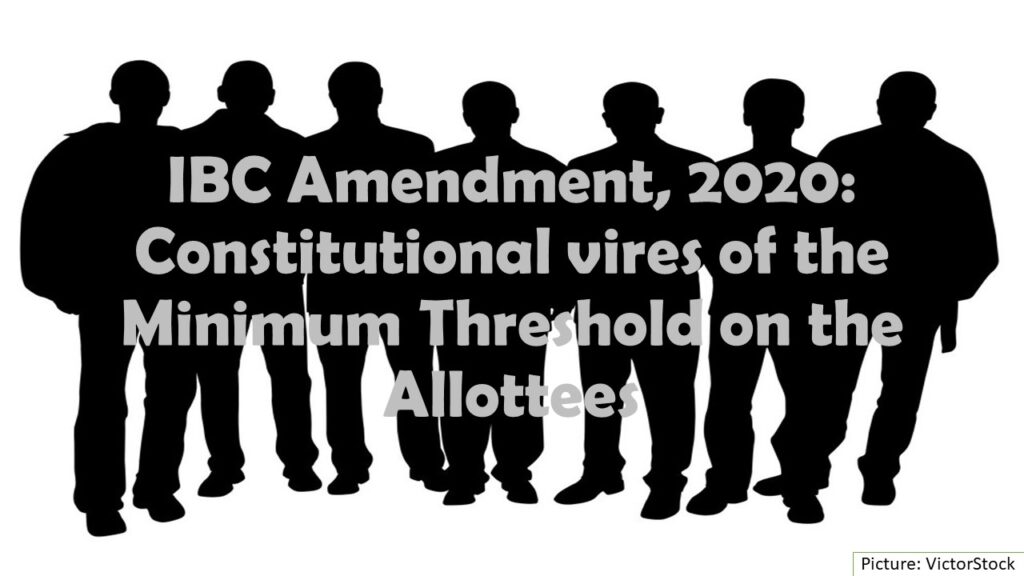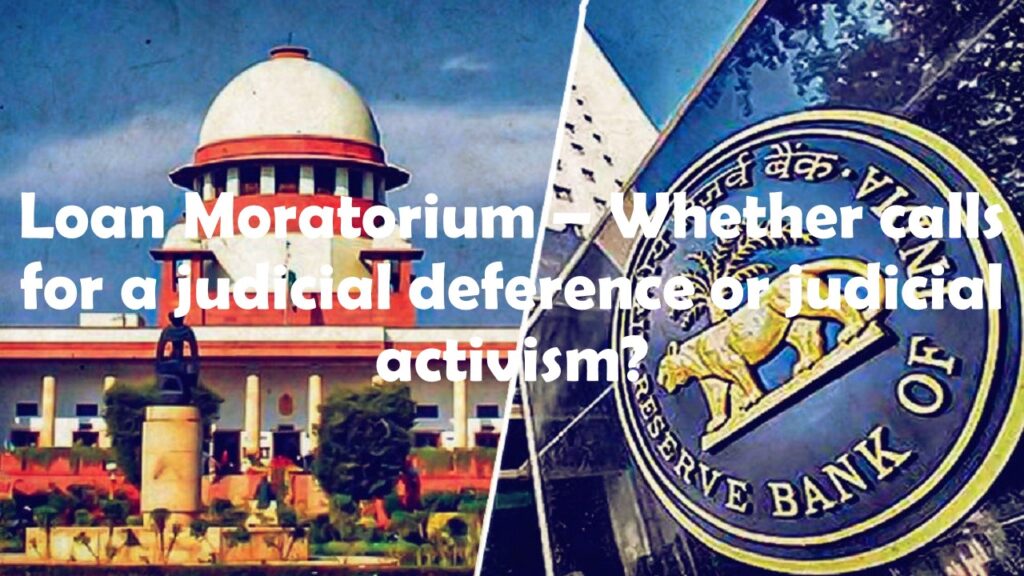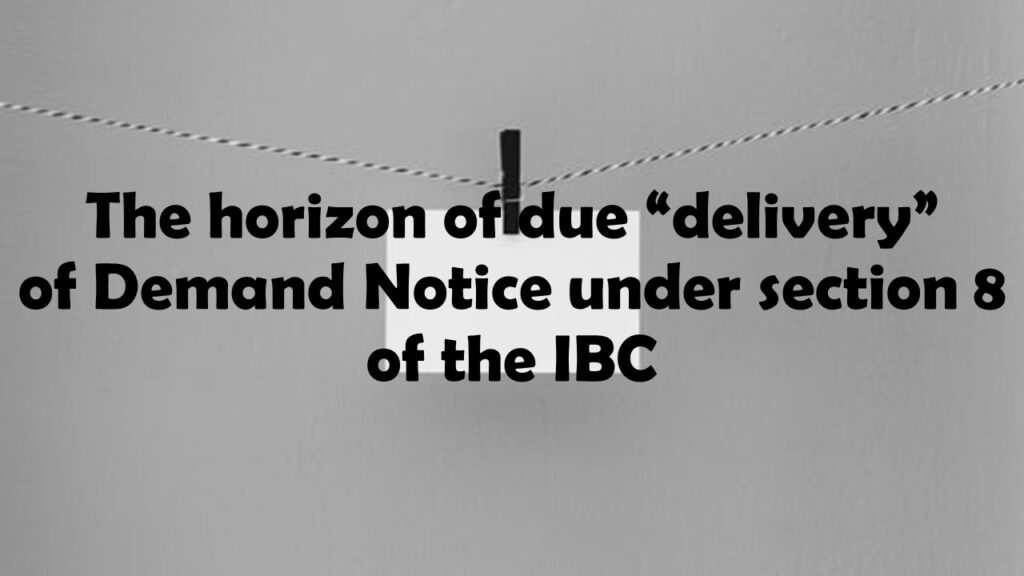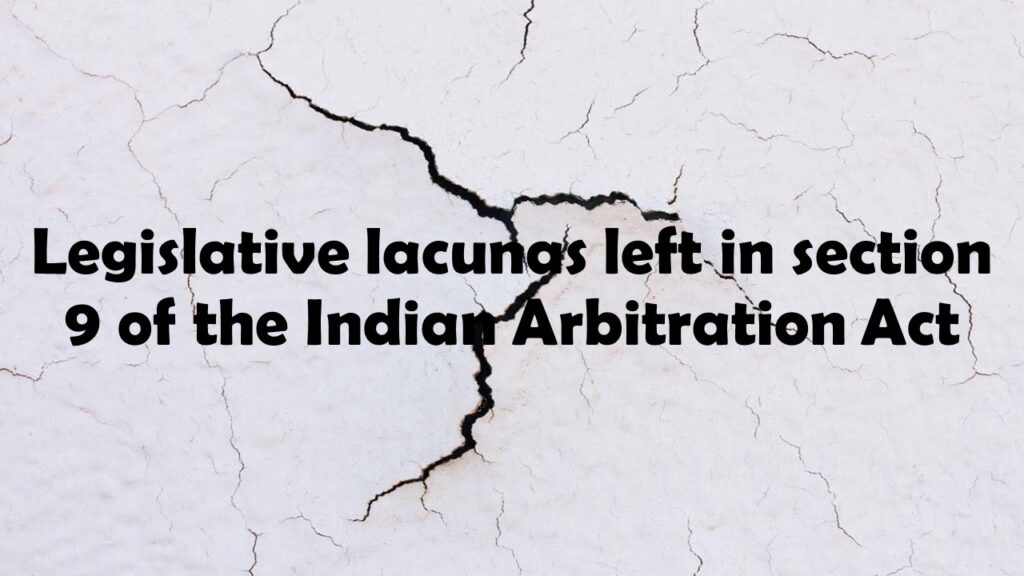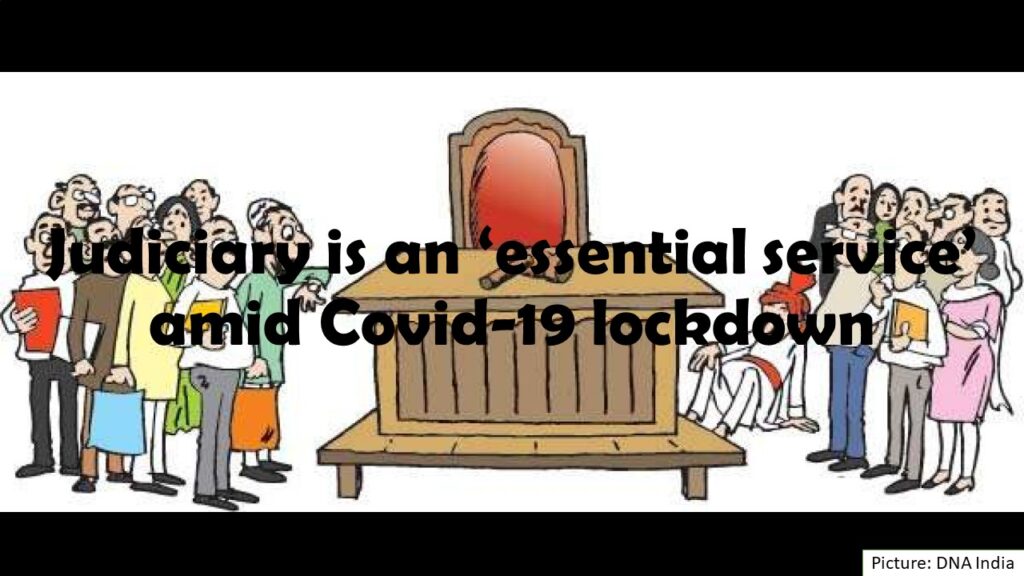The halt brought in various sectors by the novel virus Covid-19 is now being jiggled to open up the sectors. After a streak of complete lockdowns, a streak of ‘unlocking’ has now joined its hands with the former. Until now, the Government has issued guidelines for Lockdown 5.0 and Unlock 4.0. As a breather, the opening […]
Virtual Hearings– A road which should be continued post-pandemic Read More »


